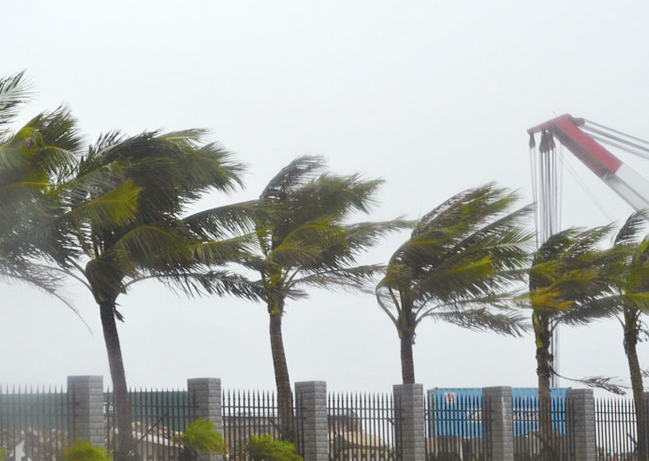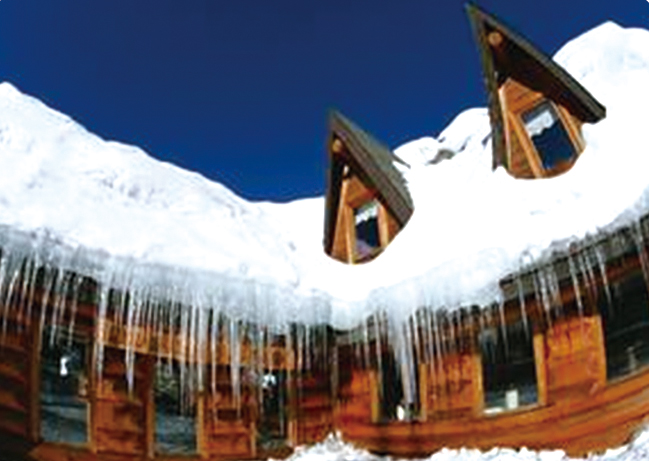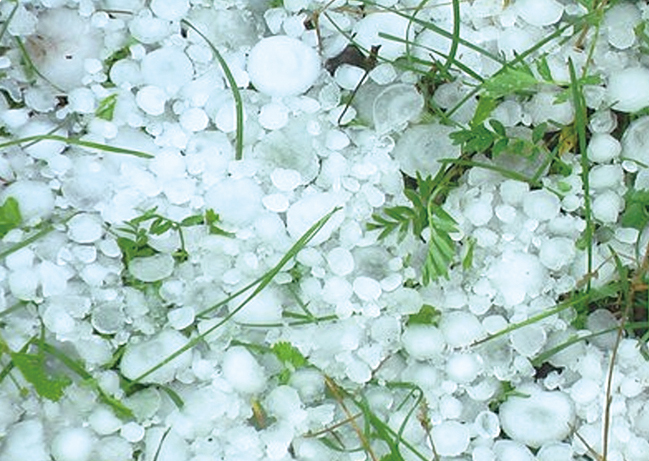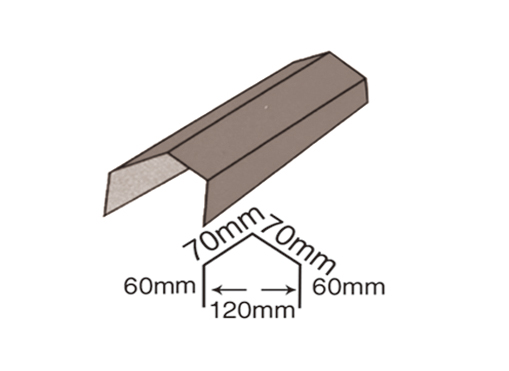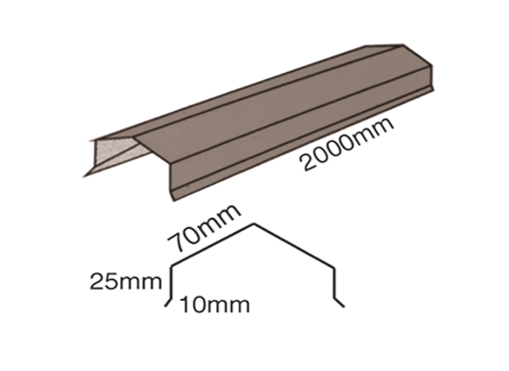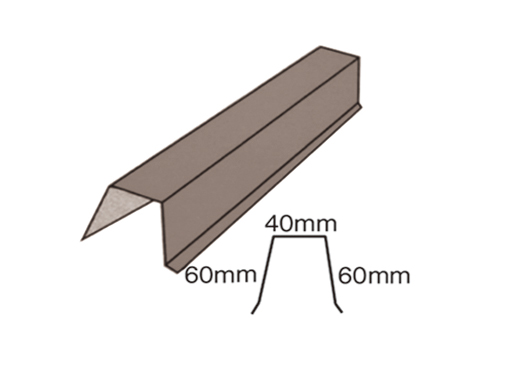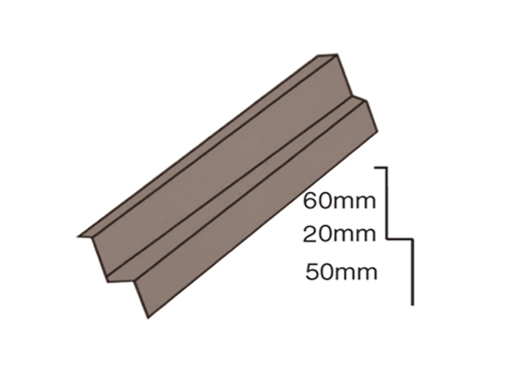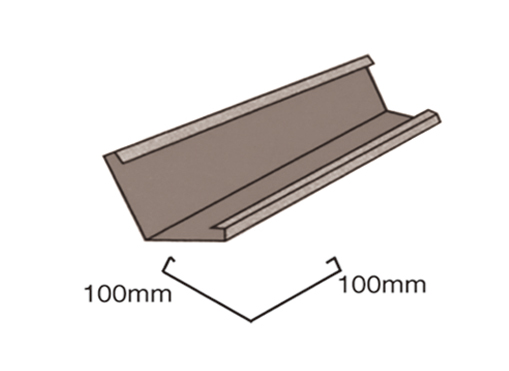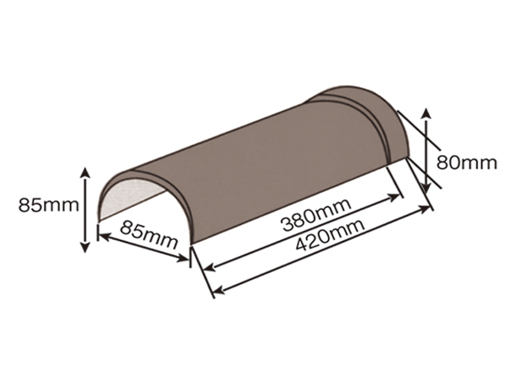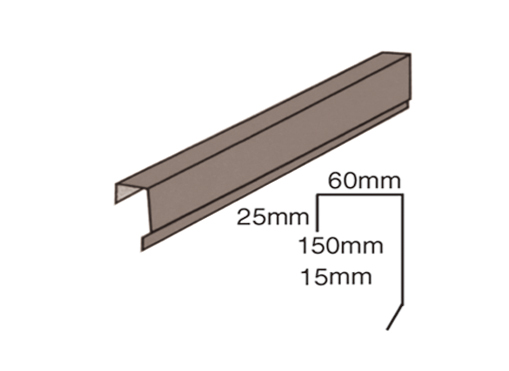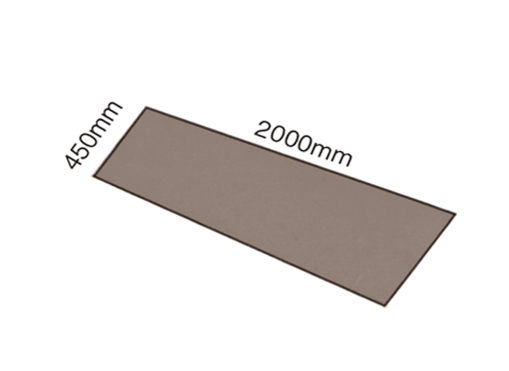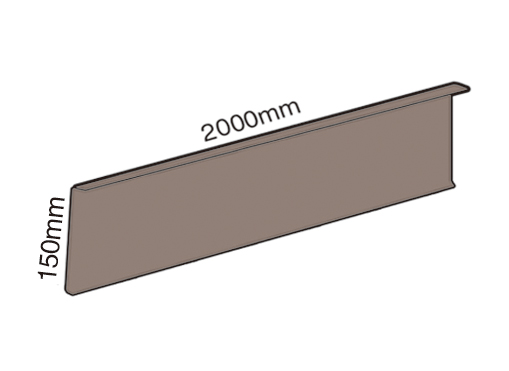Can Slate Stone-Coated Steel Roofing be used to restore historic buildings?
Slate Stone-Coated Steel Roofing can be considered for use in the restoration of historic buildings, but several factors must be carefully evaluated to ensure that the roofing material is appropriate for such projects. Here are key considerations:
Historic Preservation Guidelines: Consult with local historic preservation authorities or organizations to determine whether the use of
slate stone-coated steel roofing is consistent with historic preservation guidelines and regulations. Some historic districts or landmarks have strict requirements for roofing materials to maintain the historical integrity of structures.
Aesthetic Compatibility: Assess whether the appearance of slate stone-coated steel roofing complements the architectural style and historical character of the building. It's essential to choose roofing materials that mimic the original roofing material closely.
Local Regulations: Verify if local building codes and zoning ordinances permit the use of modern roofing materials like stone-coated steel on historic structures. Compliance with these regulations is critical for obtaining necessary permits.
Historic Tax Credits: In some regions, using approved roofing materials that adhere to historic preservation standards may qualify the property owner for historic tax credits or incentives. Investigate whether your project qualifies for such benefits.
Durability and Longevity: Slate stone-coated steel roofing is known for its durability and resistance to environmental factors. It can provide long-term protection for historic buildings while requiring minimal maintenance.
Weight Considerations: Check whether the structural integrity of the historic building can support the additional weight of the roofing material. Slate stone-coated steel roofing is typically lighter than traditional slate but still heavier than some other roofing materials.
Installation Expertise: Ensure that experienced roofing professionals who are familiar with historic restoration work handle the installation. Proper installation techniques are crucial for maintaining the integrity of the historic structure.
Roof Geometry: Consider the complexity of the roof's design. Slate stone-coated steel roofing can be adapted to various roof shapes, but intricate roof designs may require special attention during installation.
Warranty and Maintenance: Review the manufacturer's warranty for the roofing material, as well as any required maintenance. Proper maintenance is essential to extend the roofing system's lifespan.
Energy Efficiency: Evaluate the potential energy efficiency benefits of using stone-coated steel roofing in terms of insulation and heat reflectivity, which can help improve the building's overall energy performance.
Historical Society Approval: If the historic building is associated with a local historical society or preservation organization, seek their approval and guidance on roofing material selection.
Can Slate Stone-Coated Steel Roofing be installed on any roof structure?
Slate Stone-Coated Steel Roofing can be installed on a wide range of roof structures, but several factors should be considered to ensure a successful installation:
Structural Integrity: The existing roof structure must be able to support the weight of the slate stone-coated steel roofing material. Steel roofing is generally lighter than traditional materials like concrete tiles or natural slate, but it still adds some weight to the roof. An assessment by a structural engineer may be necessary to determine if any structural modifications are required.
Roof Pitch: Slate stone-coated steel roofing is typically suitable for roofs with moderate to steep pitches. The specific pitch requirements may vary depending on the manufacturer and product, so it's essential to check the manufacturer's guidelines for the recommended pitch range.
Roof Decking: The condition of the roof decking (the surface to which the roofing material is attached) should be assessed. Damaged or deteriorated decking should be repaired or replaced before installation.
Roof Ventilation: Adequate roof ventilation is crucial to prevent moisture buildup and maintain the integrity of the roofing system. Ensure that the roof has proper ventilation in place or consider adding ventilation if necessary.
Flashing and Underlayment: Proper flashing and underlayment materials and installation are essential to ensure the roof is watertight and weather-resistant. The specific requirements may vary depending on the roof structure and local climate conditions.
Complex Roof Designs: Slate stone-coated steel roofing can be adapted to various roof shapes, including gables, hips, valleys, and dormers. Complex roof designs may require additional attention during the installation process to ensure a proper fit and effective flashing.
Local Building Codes: Check local building codes and regulations to ensure compliance with roofing material requirements and installation methods for your area.
Professional Installation: Hiring experienced roofing professionals is highly recommended for the installation of slate stone-coated steel roofing. Professional installers have the expertise and equipment to ensure a high-quality and durable installation.
Energy Efficiency: Consider whether the roofing material will provide any energy efficiency benefits, such as improved insulation or heat reflectivity, based on your climate and energy efficiency goals.
Warranty: Review the manufacturer's warranty for the
slate stone-coated steel roofing product. Some manufacturers may have specific requirements for installation and maintenance to maintain warranty coverage.
Maintenance: Slate stone-coated steel roofing typically requires minimal maintenance, but regular inspections and cleaning may be needed to ensure its longevity and performance.




